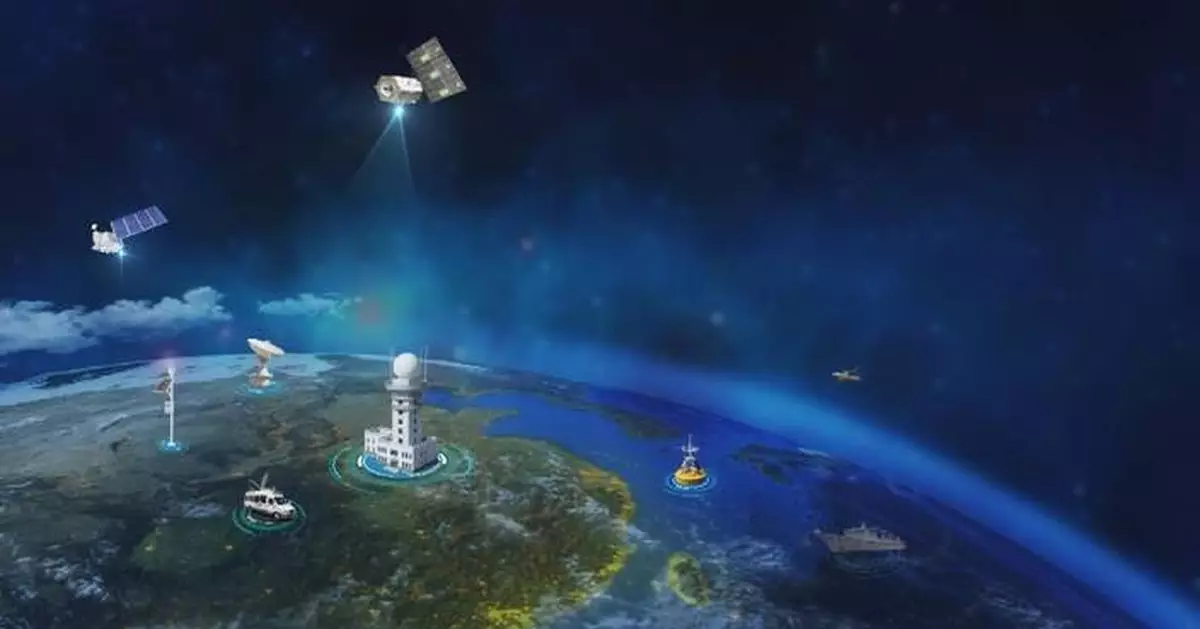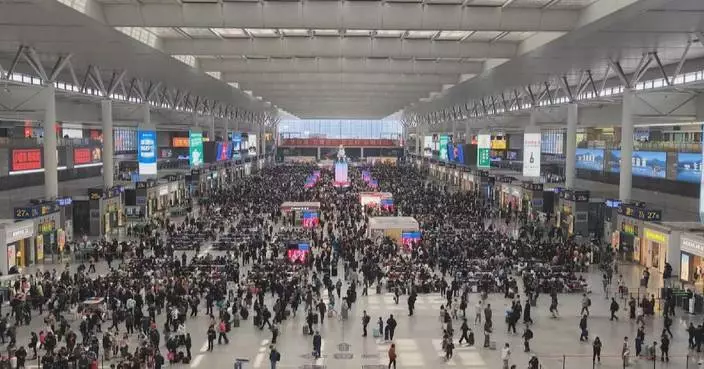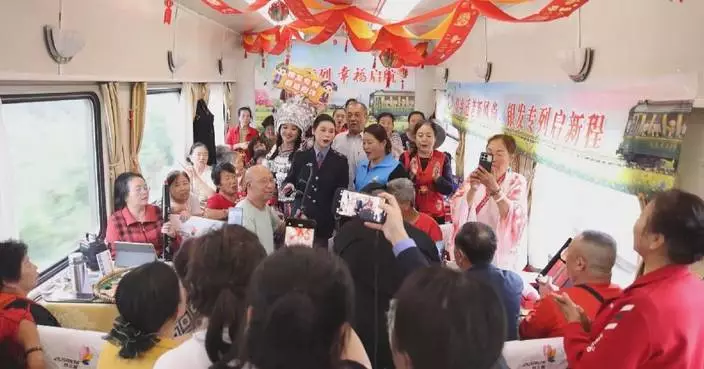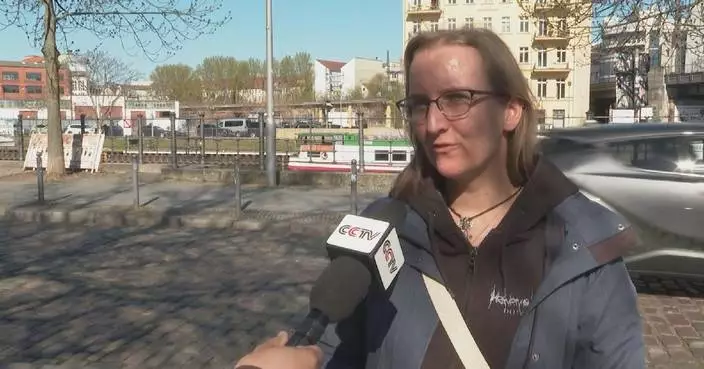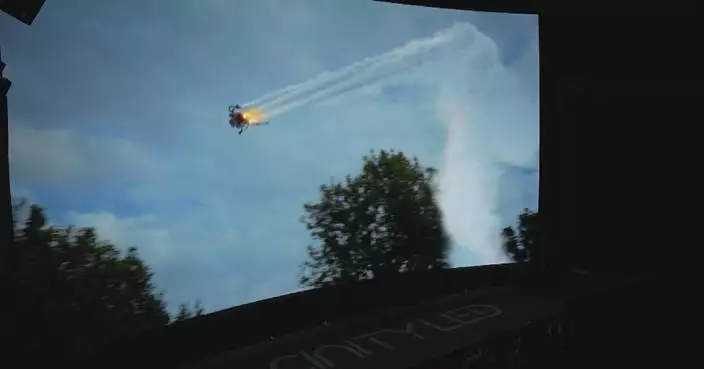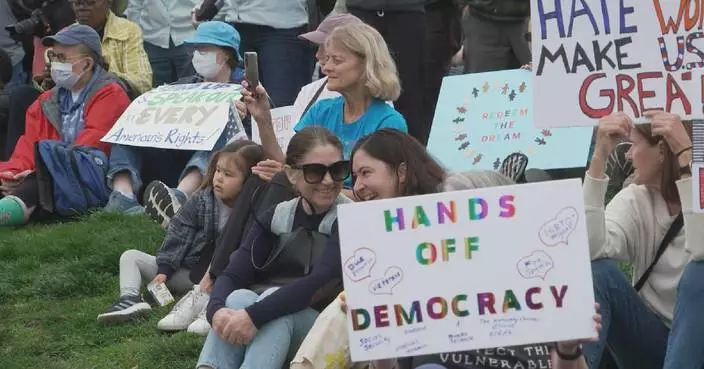China has built an integrated meteorological observation system, with the meteorological disaster monitoring rate reaching 80 percent, said the China Meteorological Administration (CMA) on Wednesday.
This meteorological observation system now includes over 76,000 ground-based automatic observation stations nationwide, providing full coverage of all townships in the country.
The average inter-station distance has also been reduced to 11.2 kilometers, with some regions such as Beijing, Tianjin, Shanghai, and Zhejiang achieving an even shorter average distance of less than six kilometers.
Twenty-seven national climate observatories and eight national atmospheric background stations in the system ensure the comprehensive coverage of key climate areas and effectively enhance the country's capacity for monitoring climate change.
As to high-altitude weather observation, China currently operates eight Fengyun meteorological satellites in orbit, and is now the only country to simultaneously operate civilian meteorological satellites in low-Earth orbits, covering morning, noon, afternoon and inclined orbital paths.
Additionally, the world's largest weather radar observation network with 546 sets of weather radars has been built in China, achieving a temporal-spatial resolution of 250 meters within six minutes, providing more powerful technical support for disastrous weather monitoring and forecasting.
In terms of marine observation, China has set up a comprehensive sounding observation network covering a 300-kilometer offshore range. The floating observation system now effectively monitors key global shipping routes, including those in the Pacific Ocean, the Indian Ocean, and major container shipping lanes worldwide.
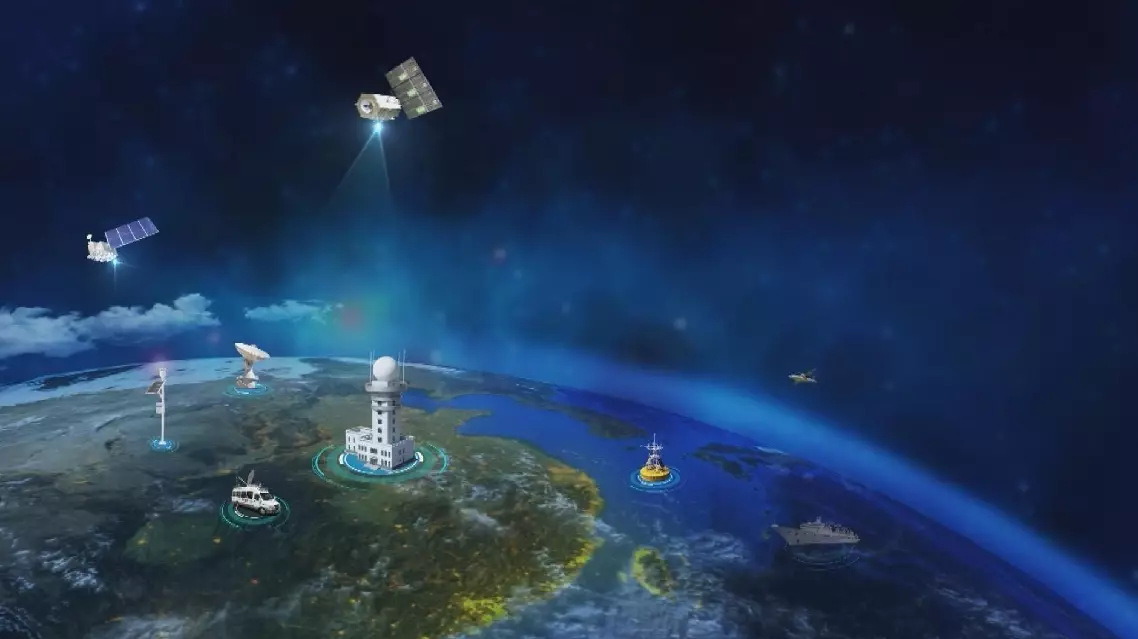
Integrated meteorological observation system established in China
A high-level mediation team from the African Union (AU) Commission has been dispatched to Juba, capital of South Sudan, to try to ease the rising tensions between President Salva Kiir and First Vice President Riek Machar, and help resolve the current political crisis in the country.
Riek Machar and several senior officials have been detained since clashes erupted in January between the South Sudan People's Defense Forces and the opposition fighters.
Machar was accused of instigating violence in Nasir in the northern part of the country.
The mediation team says it plans to engage Machar, but that meeting is yet to take place.
The AU is urging South Sudanese political leaders to resolve the current disagreement through dialogue.
Machar heads the largest opposition group that has an armed wing in the country, known as SPLM/A-IO.
South Sudan's government says it's still investigating Machar for being allegedly involved in clashes between government troops and armed civilians affiliated to SPLM/A-IO in Nasir.
"The mandate of the RTGoNU (the Revitalized Transitional Government of National Unity) is simple; that we stop war, we form a revitalized government of national unity so that we return security, sustainable peace in the country," said Martin Elia Lomuro, South Sudan's Minister of Cabinet Affairs.
Meanwhile, Machar's party members are calling on president Kiir to order the release of their leader.
The group argues that the arrest of Machar means the 2018 peace deal which ended five years of violence in the country has partially collapsed.
The government reaffirms its commitment to the implementation of the 2018 peace deal.
It says Mr. Machar is in conflict with the law and that the implementation of the peace deal should not be used as cover to commit crime. However, until now, South Sudanese law enforcement agencies have not charged Machar with any offense in a court of law.
South Sudan, which became independent in 2011, signed a peace deal in 2018 that ended a civil war between forces loyal to Kiir and Machar. Nearly 400,000 people died in the civil war.
Relations between Kiir and Machar, who have dominated South Sudan's politics for decades, remain strained. The clashes and latest political tensions between the two leaders have unsettled many citizens and the international community.
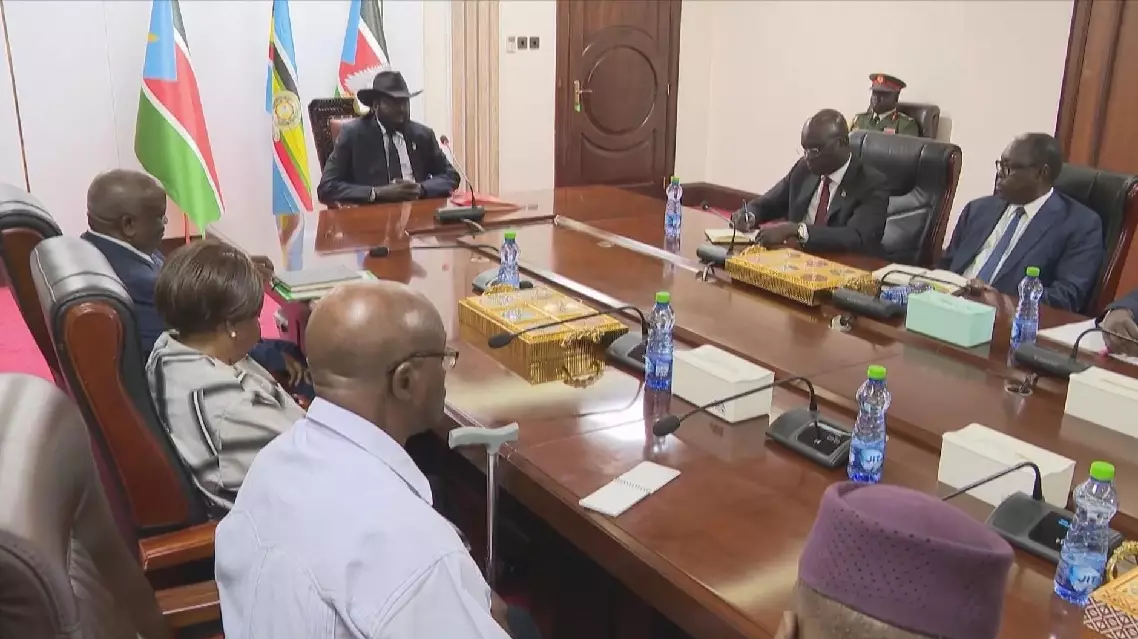
AU dispatches Panel of Wise to address ongoing instability in South Sudan



